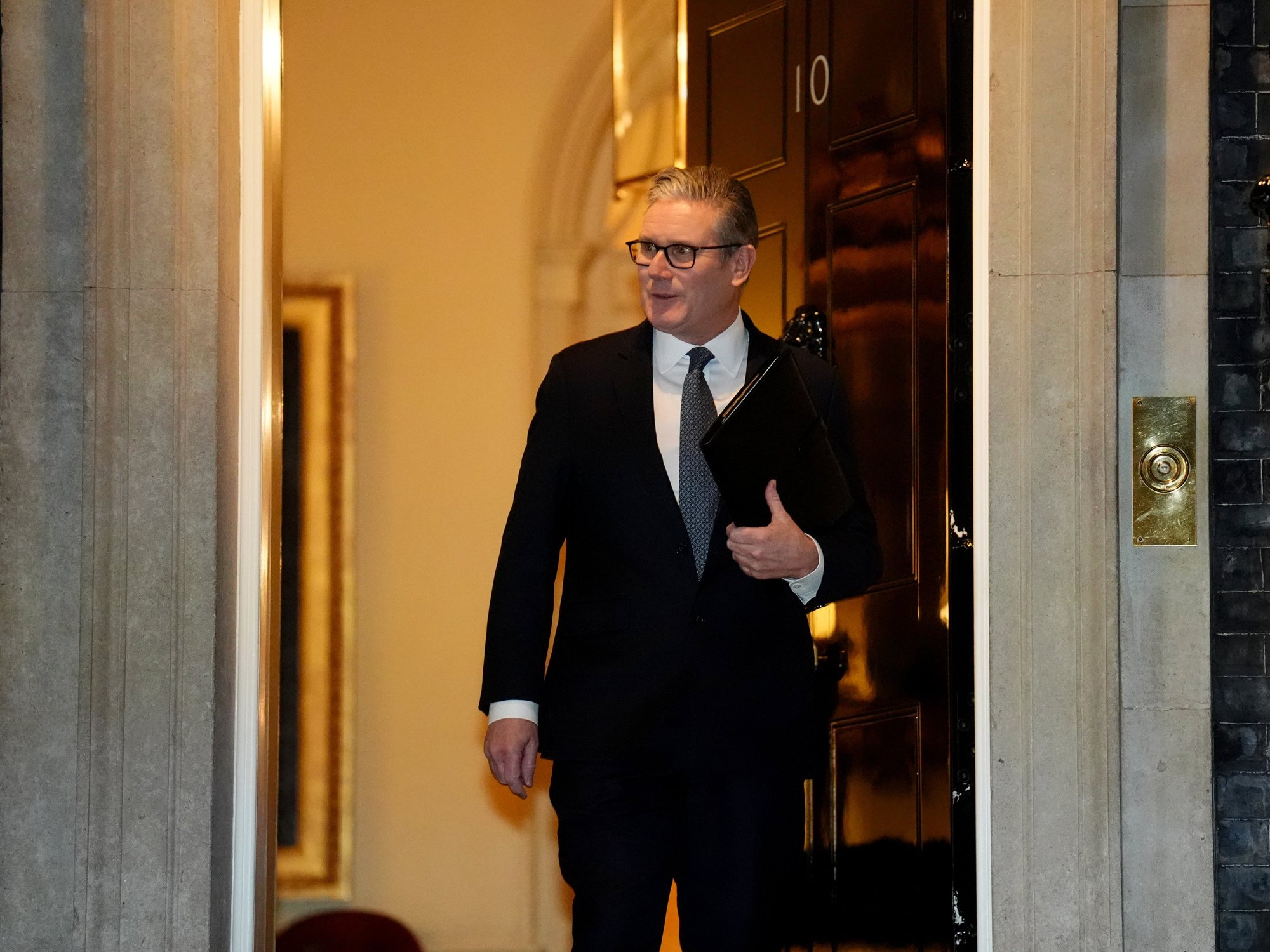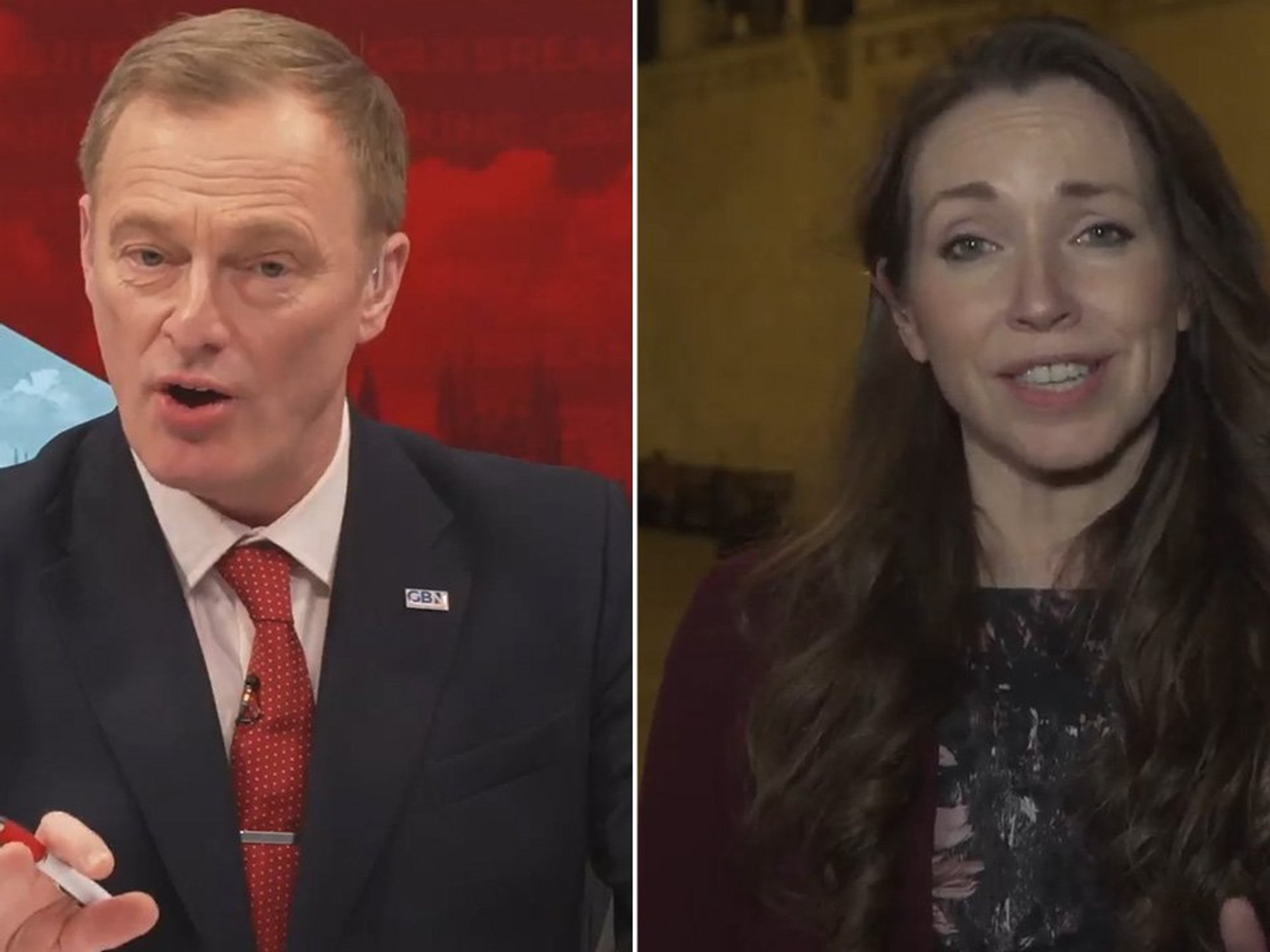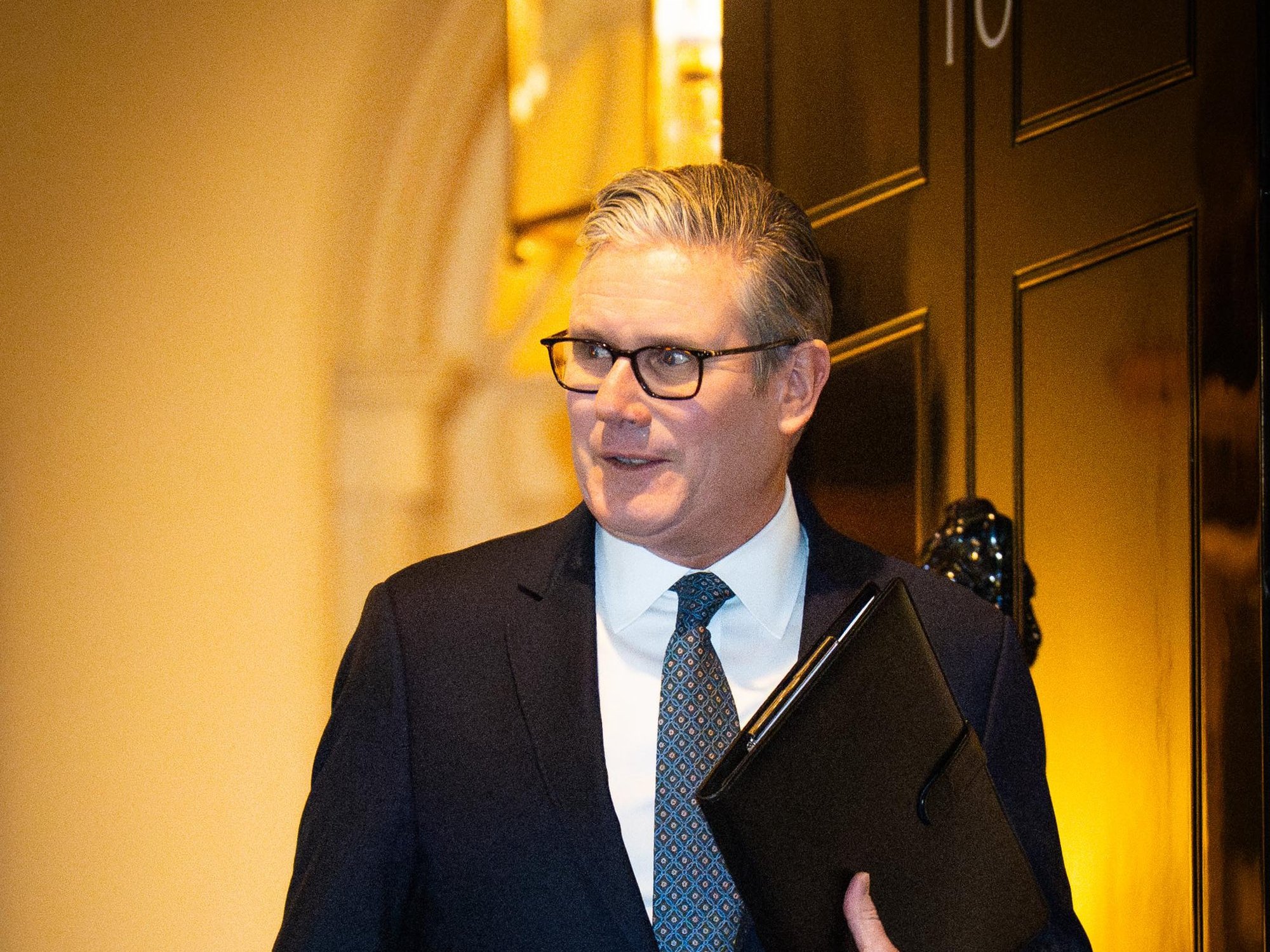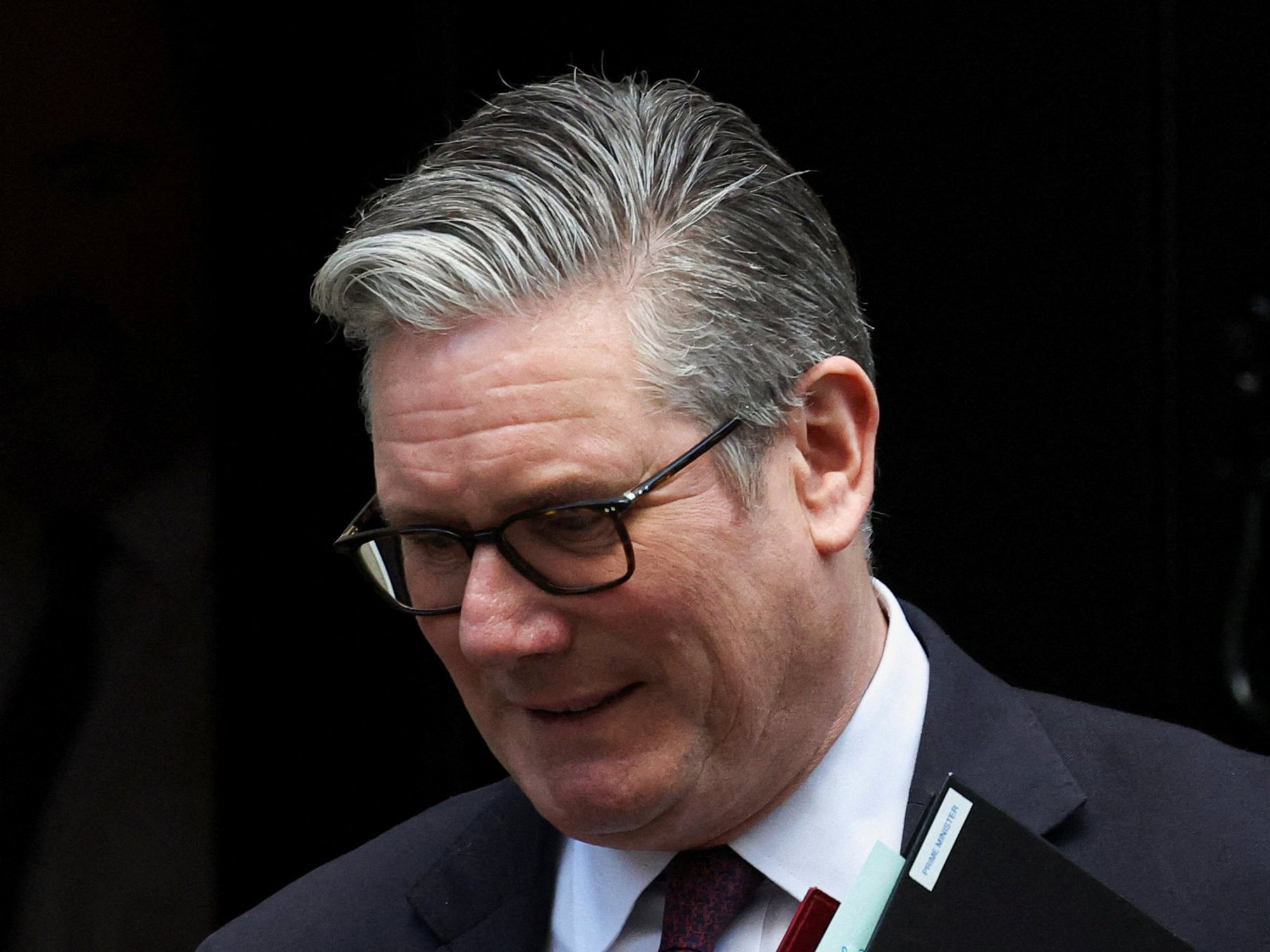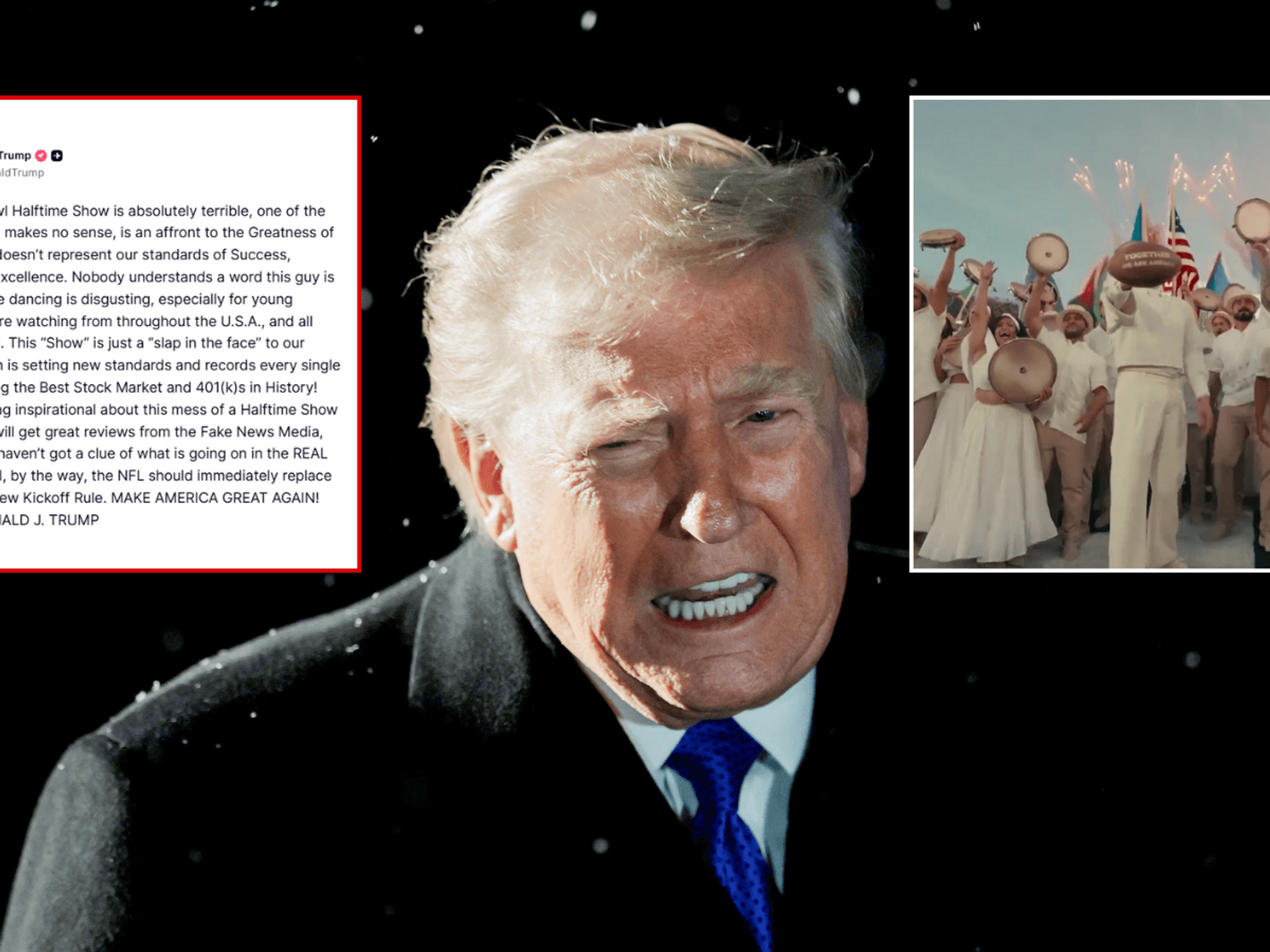Britain's quangos blow almost £400bn a year, 'explosive' findings show
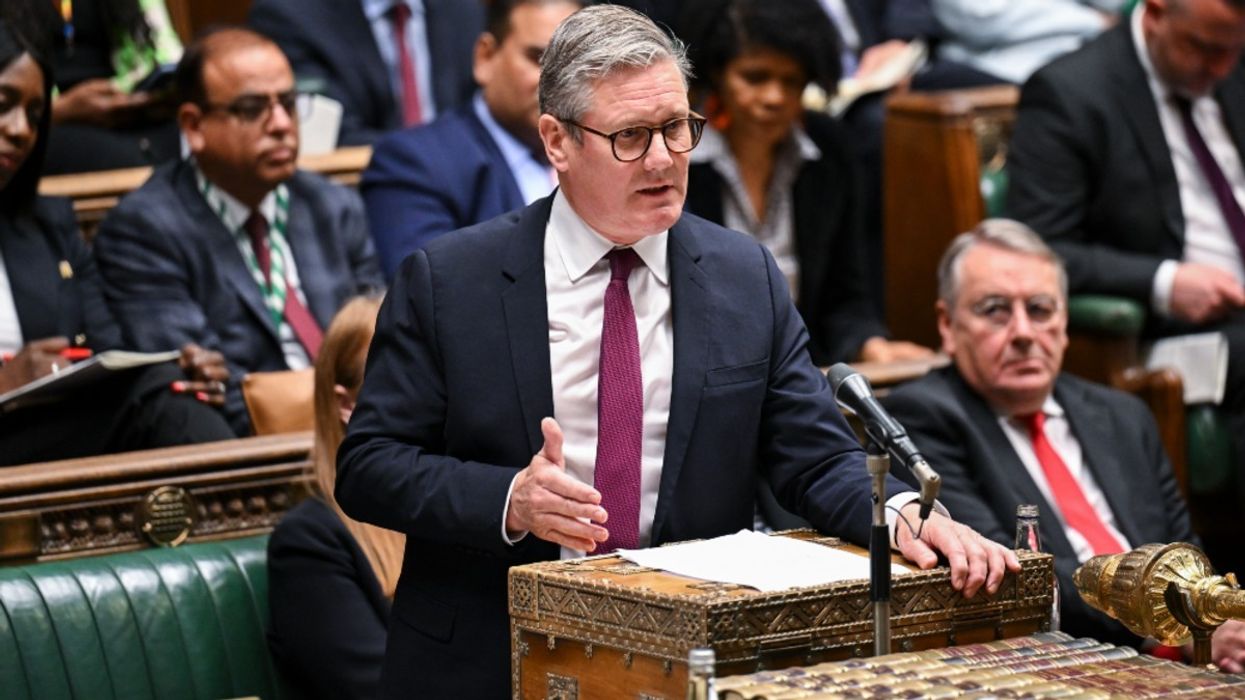
In 2023-24, Keir Sarmer's 438 quangos collectively accounted for £391billion in public expenditure | FLICKR (HOUSE OF COMMONS)

Sir Tony Blair is the Prime Minister responsible for creating the most quangos as Prime Minister
Don't Miss
Most Read
Trending on GB News
Nearly a third of Government spending now funds quangos, which employ more staff than the population of Cardiff, new figures from the Taxpayers' Alliance have revealed.
In 2023-24, 438 quangos collectively accounted for £391billion in public expenditure, equivalent to 32 per cent of total managed Government spending, while receiving £412billion in total.
Of this, £376billion was funded by the Government, with £36billion in non-governmental income.
Dubbed the “Ministry of Quangos” by the Taxpayers' Alliance, these organisations are spread across Whitehall departments.
The Department for Culture, Media and Sport (DCMS) top the list with 41 quangos, followed by The Department for Environment, Food and Rural Affairs (Defra) with 38, and the Ministry of Justice (MOJ) with 35.
In response, John O’Connell, chief executive of the Taxpayers' Alliance, said: "The combined might of this bureaucracy dwarfs that of any single government department."
"Yet this ministry of quangos remains unelected and largely unaccountable to the public footing the bill."
O’Connell added: "Ministers must get a grip on this shadow state.
"That means axing functions, demanding transparency, and ultimately putting quangos back under proper democratic control."

Tice fumed that such spending 'simply isn’t working for the British people'
|PA
NHS England, soon to be abolished, received £175billion in Government funding, more than any other quango, alongside £5.9billion in additional non-Government income.
The Education and Skills Funding Agency followed with £72.3billion, while HM Revenue & Customs secured £41billion, placing them second and third in public funding received.
Responding, Reform UK deputy leader Richard Tice MP said: "These findings are explosive. The Government is spending more on opaque quangos than on health, defence, transport and education combined, with almost no accountability."
"Only Reform will cut waste, with fewer civil servants, and by slashing the bloated public sector. We need more employment in the productive private sector to get the UK economy moving again."
Tice fumed: "This simply isn’t working for the British people."
LATEST DEVELOPMENTS:This view was echoed by Shadow Chancellor of the Exchequer, Sir Mel Stride, who said: "Every penny of taxpayers’ money that the Government spends needs to be justified."
"We have more and more bureaucrats without any obvious benefits in terms of better public services."
Stride added: "Labour promised an efficiency drive, but instead they are creating more quangos, not less. We need a leaner, more effective Government machine which delivers value for taxpayers."
Ewen Stewart, Commissioner at the Growth Commission, also told the People’s Channel: "Quangos need to be brought under full democratic scrutiny with decisions taken by Ministers and overseen directly by Parliament, not remote, unelected bureaucracy."
Stewart added: "This is the urgent task of a new Government as they seek to restore confidence in a broken political system."
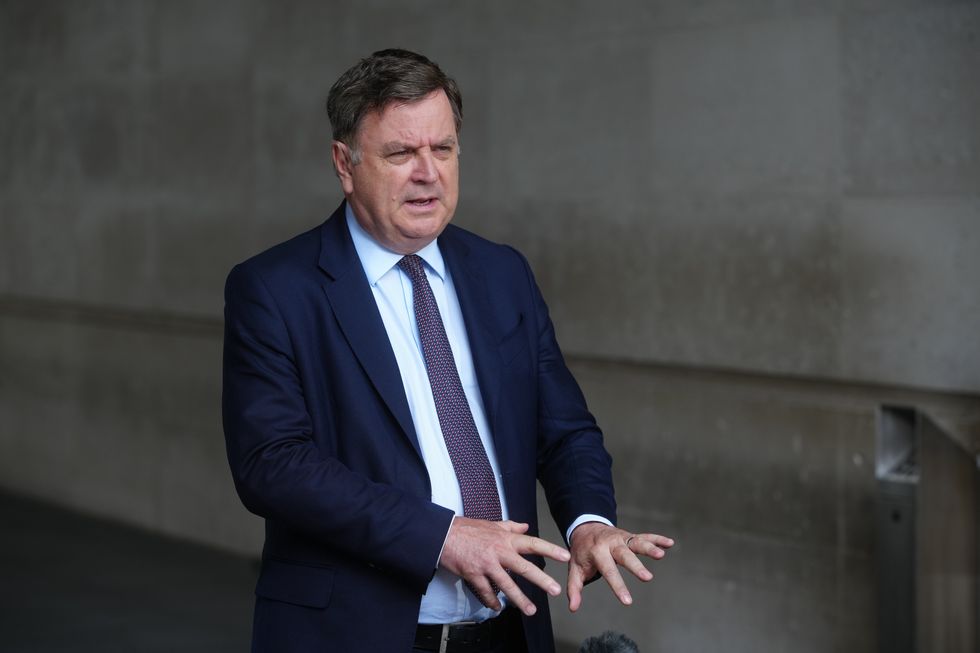
Mel Stride said 'every penny of taxpayers’ money that the Government spends needs to be justified'
|PA
Sir Tony Blair is the Prime Minister responsible for creating the most quangos as Prime Minister, setting up 92.
Blair is followed by Sir John Major with 55, and Lord David Cameron with 54. A total of 30 prime ministers created at least one quango.
Yet, Economist, Vicky Pryce, warned: "Most quangos are, of course, there to implement Government policy. There is an argument that they are necessary to reduce direct political interference."
"But while reducing quangos may cut bureaucracy, there is always the question, whichever Government department takes on their function, whether efficiency, costs, and value for money necessarily improve."
Pryce added: "That is by no means certain."
GB News has approached the Treasury for comment.
More From GB News






